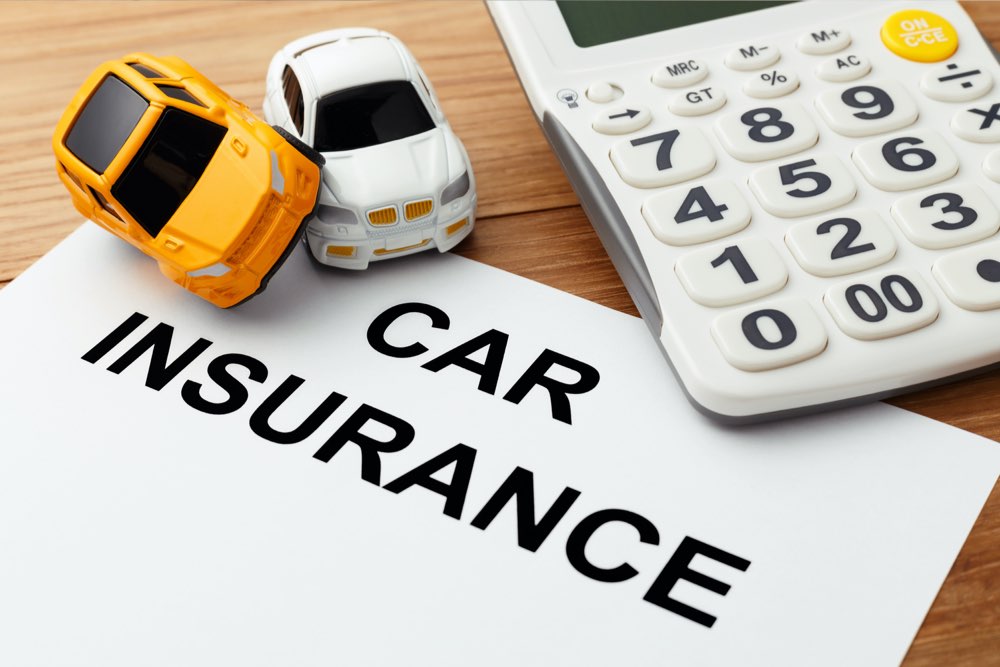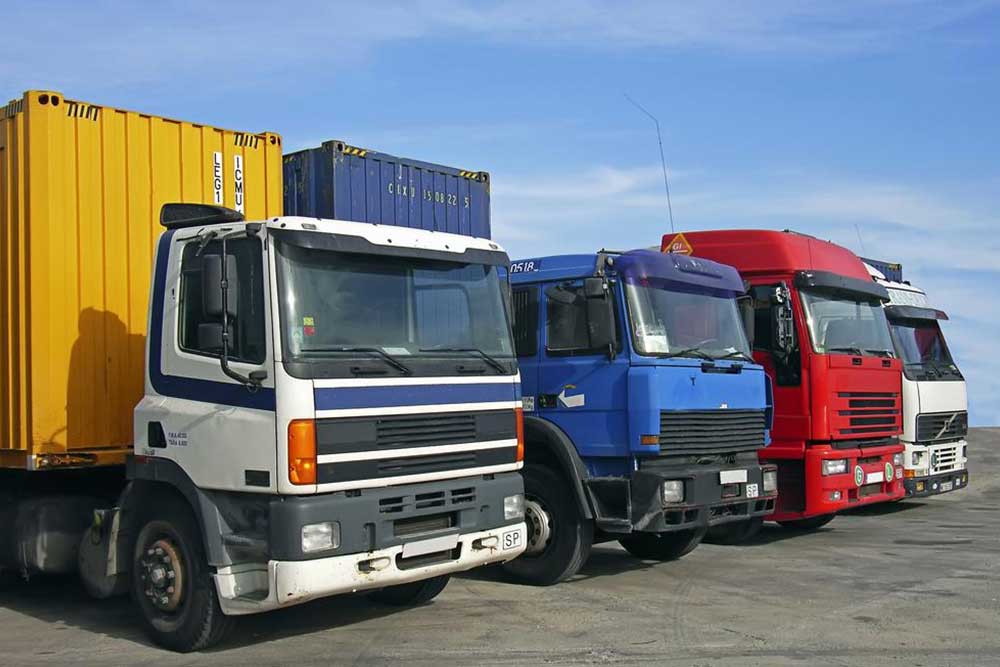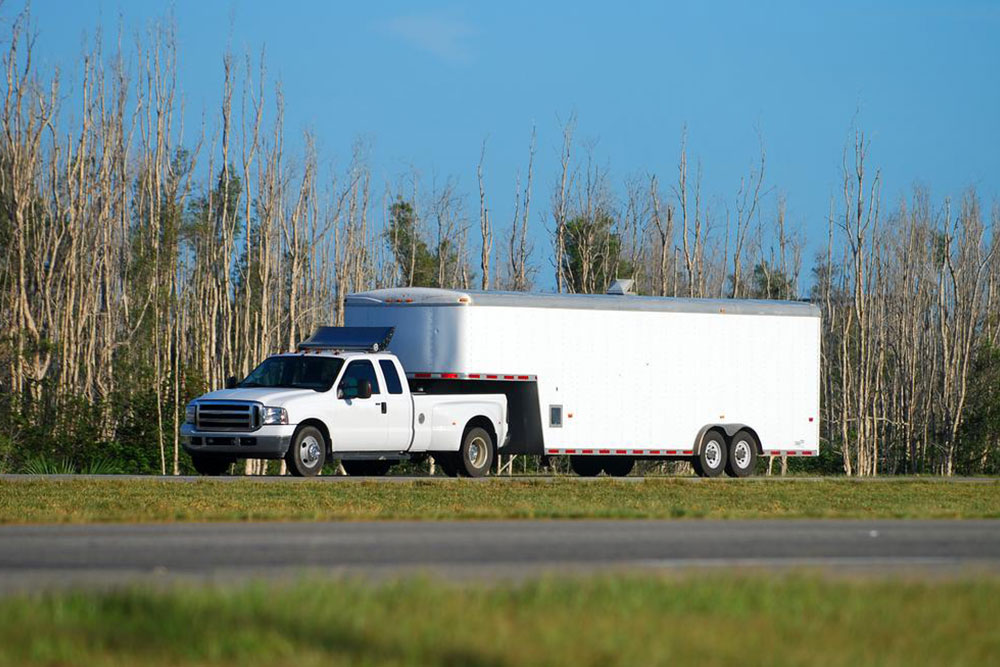Comprehensive Guide to Business Vehicle Insurance: Protecting Your Fleet and Ensuring Legal Compliance
This comprehensive guide highlights the importance of business vehicle insurance, discussing benefits, legal requirements, customization options, and cost management strategies. Proper coverage protects your fleet, ensures regulatory compliance, and offers tax advantages. Learn how to select the right policy to safeguard your business assets and operations effectively, minimizing risks and liabilities while maximizing financial efficiency. Whether you're a small business or a large fleet operator, understanding and investing in the right commercial vehicle insurance is essential for sustainable growth and peace of mind.

Comprehensive Guide to Business Vehicle Insurance: Protecting Your Fleet and Ensuring Legal Compliance
In the dynamic world of commerce, transportation is the backbone of many industries, ranging from logistics and delivery services to construction and maintenance. Ensuring that your fleet of vehicles is adequately protected is not merely a matter of good practice—it’s a critical component of risk management and business continuity. Business vehicle insurance plays a vital role in safeguarding your assets, employees, and financial stability against unforeseen events that could otherwise lead to devastating losses. In this extensive guide, we explore the multifaceted benefits of investing in specialized commercial vehicle insurance, reasons why it’s essential for your business, and how to choose the right coverage to meet your operational needs.
Understanding the importance of business vehicle insurance is key for any enterprise that relies heavily on transportation assets. Whether you own delivery trucks, company vans, heavy-duty construction equipment transports, or leased vehicle fleets, having the appropriate insurance policy ensures legal compliance, financial protection, and peace of mind. This article elaborates on the critical benefits, the legal requirements involved, and strategic considerations to optimize your coverage while managing costs effectively.
Expanded and Specialized Coverage
While personal auto insurance policies may provide some basic protection, they often fall short when it comes to the specific needs of business operations. Standard personal auto policies typically exclude coverage for damages or injuries arising during commercial use, leaving your enterprise exposed to significant financial risk. Commercial vehicle insurance policies are designed explicitly to fill this gap, offering comprehensive coverage tailored for business activities. This includes protection against collision, theft, vandalism, liability, and even specialized coverage for high-risk cargo or hazardous materials. Essentially, commercial policies provide a robust safety net that aligns with the operational demands of various industries.
Legal and Regulatory Compliance
Operating vehicles for business purposes often comes with specific legal obligations. Many jurisdictions mandate that businesses involved in freight transportation, passenger services, or logistics hold valid commercial vehicle insurance policies. Relying solely on personal auto coverage is insufficient and could lead to legal penalties, fines, or even the suspension of your operating licenses. Ensuring your business complies with regional or national regulations not only prevents legal issues but also enhances your reputation with clients and partners. A comprehensive commercial insurance policy demonstrates your commitment to responsible business practices and adherence to legal standards.
Customizable and Industry-Specific Protection
One of the key advantages of commercial vehicle insurance is its flexibility. Policies can be tailored to suit the specific requirements of your industry, whether you operate courier services, construction machinery transport, or car rental fleets. You can customize coverage to include damages from particular hazards, vehicle replacement costs, roadside assistance, and even coverage for rented or leased vehicles. This tailored approach helps optimize your insurance spend, ensuring you pay only for the coverage your business truly needs, thereby improving overall cost-efficiency.
Protecting your business from liabilities involving accidents, equipment damage, or cargo loss is paramount. Many insurers provide competitive quotes for semi-truck insurance, heavy machinery, or commercial vans, allowing you to adjust coverage limits based on seasonal demand or operational changes. This flexibility helps prevent overpayment while ensuring adequate protection during peak periods or expansions.
Employee and Driver Coverage
Most commercial auto policies extend protection to employees or drivers operating company vehicles. Coverage typically includes injuries sustained by staff and liability claims resulting from vehicle incidents. Rented vehicles used for transportation or service delivery are also generally covered, reducing your vulnerability to costly claims. Additional driver protection options can safeguard your workforce, enhance safety protocols, and foster a secure working environment.
Financial Management and Tax Advantages
Business vehicle insurance can significantly impact your financial planning. Liability claims, accidents, or damage incidents can incur substantial costs, including legal fees, settlements, and repair expenses. Commercial policies often provide higher coverage limits and cover legal expenses to mitigate these financial burdens. Additionally, insurance premiums paid for business coverage are tax-deductible expenses, offering valuable tax advantages and reducing your overall tax liability. Proper insurance management can therefore improve your bottom line while safeguarding your assets.
Ultimately, investing in comprehensive business vehicle insurance is an essential step toward creating a resilient, compliant, and financially secure enterprise. Whether you’re operating a small fleet or a large transportation network, selecting the right policy is critical for managing risks, minimizing liabilities, and ensuring the continued growth of your business. Regularly reviewing and updating your coverage will help adapt to changing industry standards and operational needs, maintaining optimal protection at all times. Remember, proactive insurance planning is not just a legal requirement but a strategic business decision that offers peace of mind and competitive advantage in today’s fast-paced market environment.





